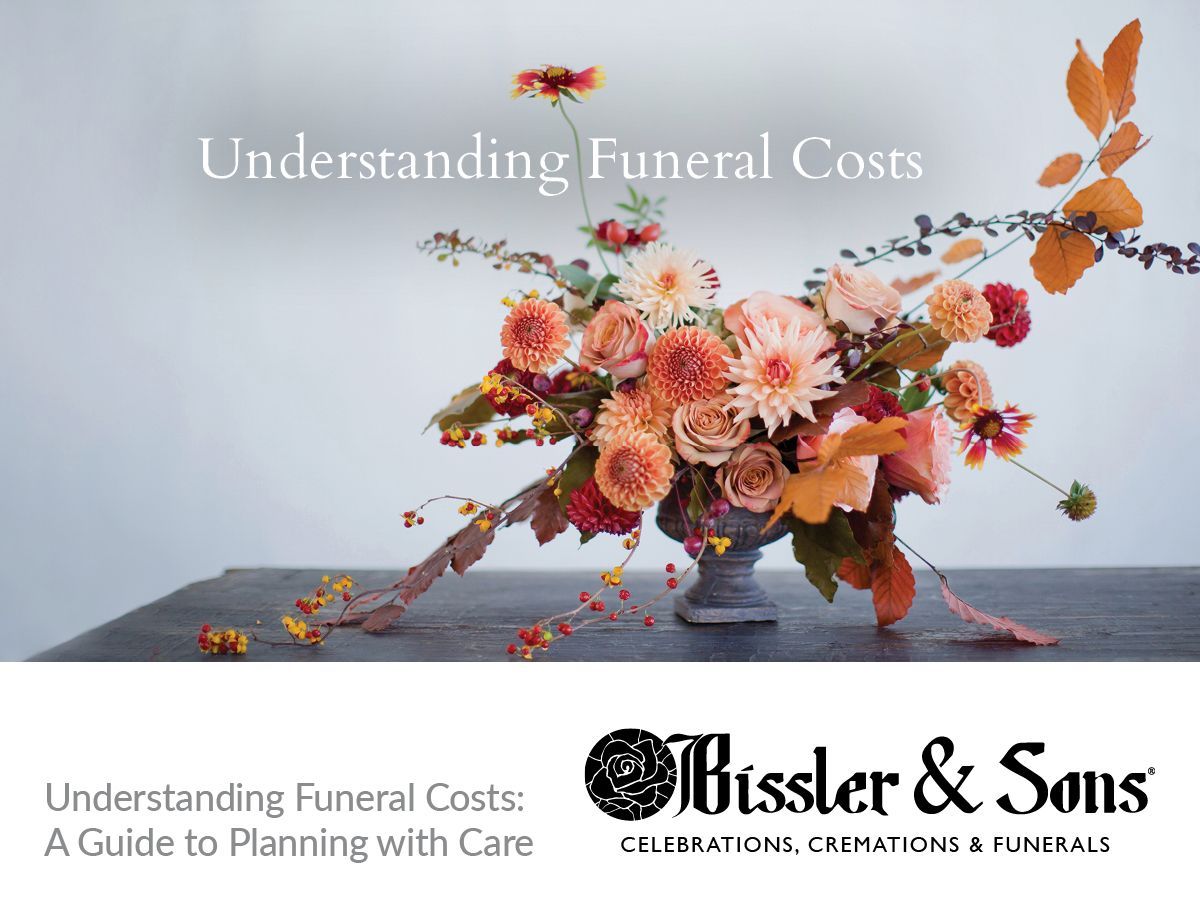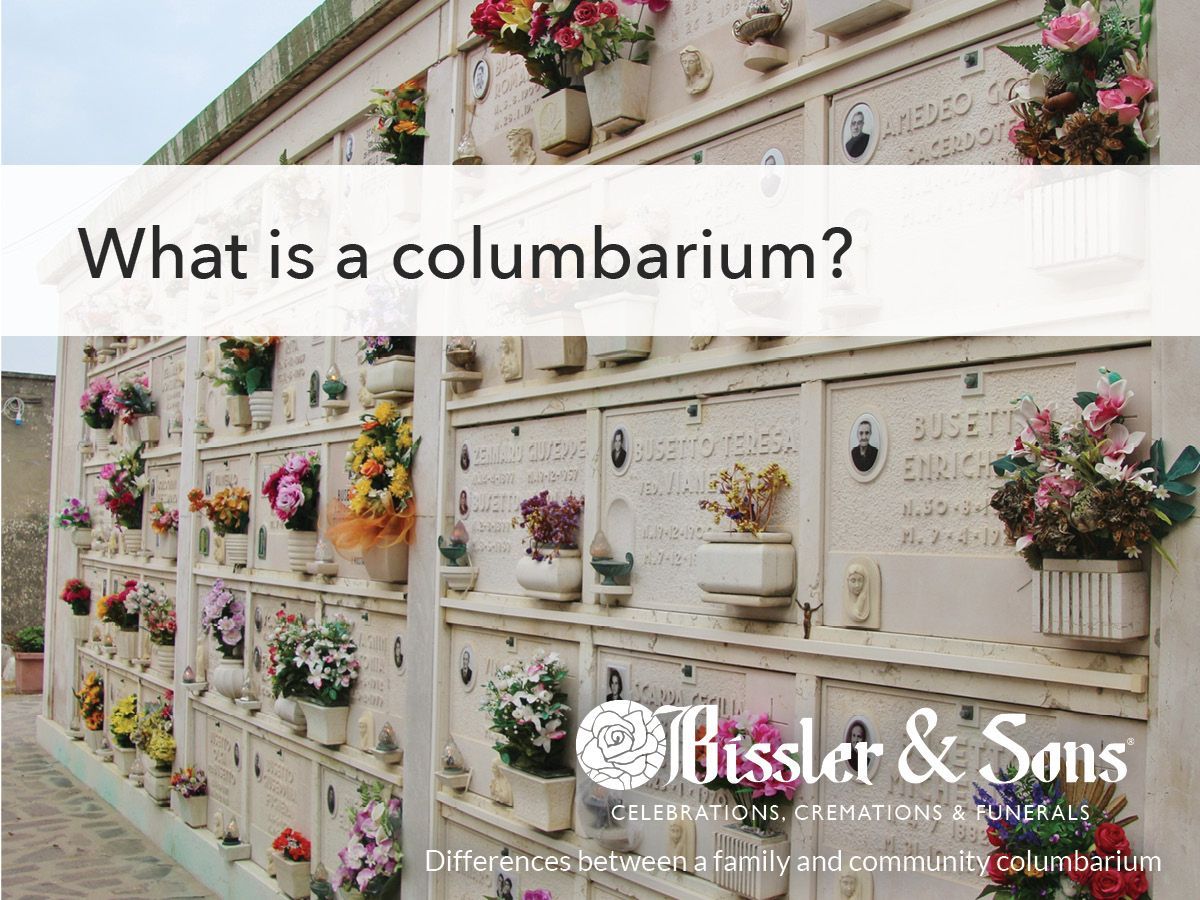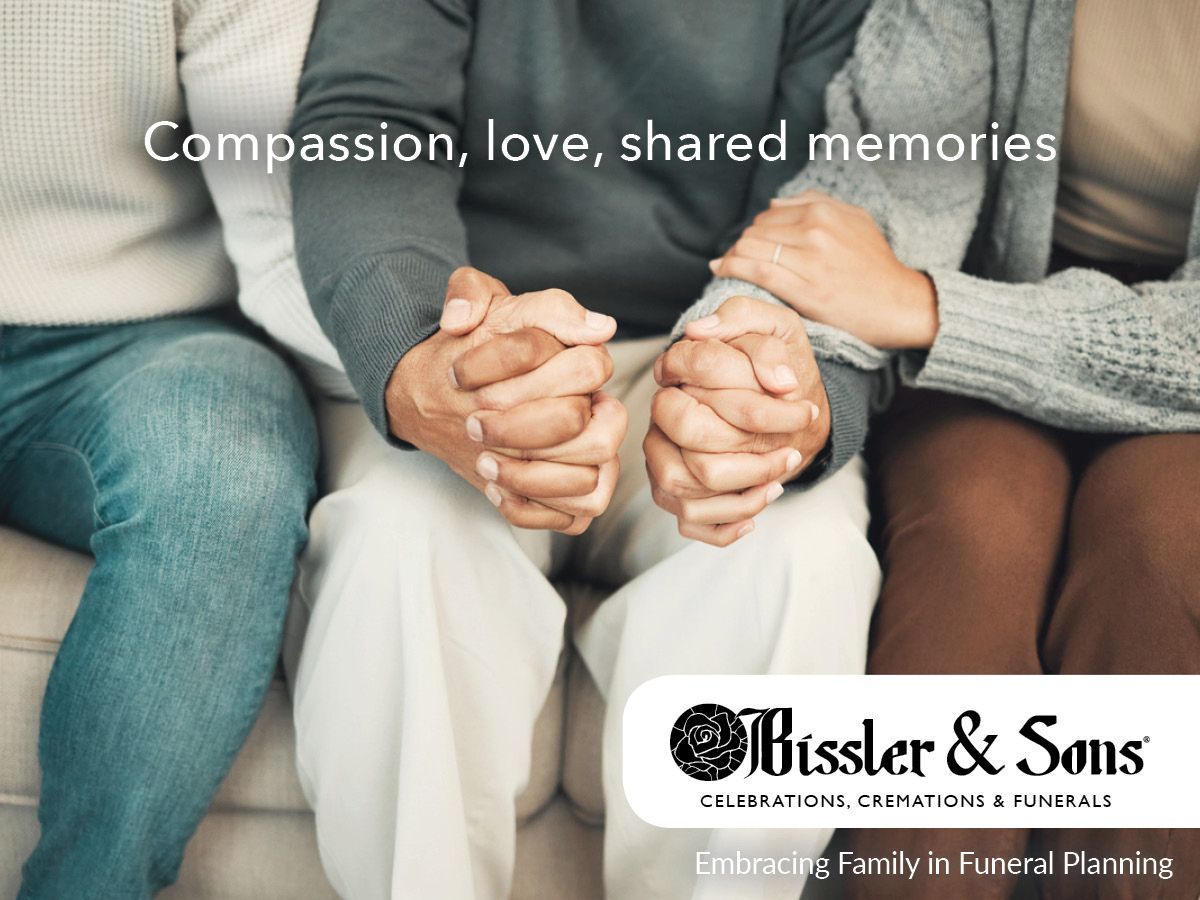Coping with Winter Holidays After Losing a Loved One
The winter holidays are often considered a time to be with family. And that feeling can be particularly hard when one family member is missing. Losing a loved one is never easy. And although the strongest symptoms of grief often dissipate within the first few months after the loss, grief can arise again through certain triggers, such as the arrival of the holiday season. Coping with loss during the holidays can look different for every person and every family, but these tips can give you someplace to start.
7 Ways to Cope With the Holidays While Grieving a Loved One
1. Talk about your loved one.
The winter holidays are often viewed as a time for good cheer. Everything is merry and bright, right? You may feel inclined to avoid talking about subjects that make you feel not so joyous, such as the loss of someone you love. But talking about your loved one may actually make you feel lighter. Sharing cherished memories among your family makes it feel like your loved one is with you.
Mourning a loss can be very confusing. You may feel like you’re not supposed to smile and laugh because your loved one is no longer physically with you. But it’s not only okay to share memories that make you smile, but it’s also healthy and may help you through the grieving process. Talking about your loved one with your family is also a bonding experience. You’ll bond both through grief and your love of the person you’re all missing.
2. Skip holiday events if you’re feeling overwhelmed.
The holidays can often be a busy time. Maybe you were invited to a holiday party at work, several family gatherings, and New Year’s Eve event with your friends. All of that social interaction can be draining even when you’re not mourning a loved one, but during a year where you lost someone you love, you may just need to opt out of a few events.
Although talking to people you love can help you grieve, you may also need time to yourself. While we often view the holidays as a time for gathering with the people we love, it’s more than okay to take a step back. Your family and friends will understand.
3. Let go of expectations.
Movies, shows, books, paintings, songs, and all other forms of media most often portray the winter holidays as a time of merriness, when everyone is happy together and celebrating being with one another. But the vision of the holidays we see on TV isn’t always the way things actually pan out. Especially after losing a loved one, the holidays can remind you how much you miss them. Thanks to the idealized version of the holidays we’re surrounded by, we may feel wrong about being sad during this season.
It’s best to try to let go of expectations. The more you think you’re not celebrating the holidays right, the more you’ll chastise yourself for how you feel. Then that vicious cycle will just make you feel worse. It’s okay to cry during the holidays. It’s okay to miss the people you love. And it’s okay if your holiday doesn’t feel like the perfect vision you have in your head.
4. Join a grief group or talk to a mental health professional.
Talking to your family about your loved one may make you feel a little better while you’re missing them, but you may also want to address your grief directly. Grief groups can help you connect with other people who are missing their loved ones during the holiday season. You’ll feel less alone knowing you’re not the only one feeling this way. And you may learn tips from people who have been in your shoes about the best way to handle the holiday season.
You may also consider talking with a therapist or a grief counselor. Although it’s good to talk about your loved one with family and friends, it’s not always a great idea to share all of what you’re feeling with them. They may be experiencing their own grief and may not be well-equipped to address both yours and theirs. But by talking with a licensed professional, you can be completely honest about how you’re feeling and receive individualized help and attention to assist you through the holidays.
5. Change your holiday routine.
Sometimes, we find comfort in the familiar. You may want to keep the same holiday routine that you’re used to. But it’s okay to decide to change things. After losing a loved one, you may find it challenging to do what you used to do over the holiday season. Maybe you used to bake hundreds of cookies with your grandmother and give them out as gifts to the neighbors. But now that you’re doing all the baking on your own, you may find yourself overwhelmed by the process and by the fact that you’re missing your grandmother.
It can be hard to let go of this routine. You may feel like you’re letting others down. But it’s vital that you take the steps you need to take care of yourself, even if that means changing what you’re used to doing. While you may not want to get rid of every tradition, you may want to make some adjustments for the sake of your mental health.
6. Practice self-care.
Self-care is often used as a buzzword, and many people picture it to mean indulging in treats. But you may want to consider self-care a different way around the holidays. When people are grieving, they can sometimes overindulge, especially in food and alcohol. But after drinking or overeating, they may feel worse than they did when they started.
When we say self-care, we mean taking care of your mental and physical health. That can look different for every person. Maybe that means for you that you need to take some time out of every day to be alone. Or maybe that means finding time to exercise or do a craft that brings you joy. While it’s okay to indulge in the occasional treat, remember that your health needs to be your priority. The more you take care of your mental and physical health, the more you’ll be able to cope with the grief that you’re feeling.
7. Acknowledge your loss and include your loved one in a new tradition.
Remembering your loved one can help you to get through this holiday season. Because we feel like we have to put on the perfect holiday, we may feel inclined to try to focus on happier topics than loss. But the more we try to bury how we’re feeling, the worse we may feel. As you switch up the routine this holiday season, you may want to consider finding a way to incorporate the spirit of your loved one into the festivities.
For some people, that may mean lighting a candle or leaving a chair open for them during dinner. But there are many ways to honor your loved one over the holidays. Consider adopting a family to provide gifts with in your loved one’s name. Or you could volunteer with their favorite charity. Or, even more simply, you could bake their favorite recipe so your family can eat the treat they’ve always associated with your loved one.
Despite what we’re often shown in media, the holiday season can be a very trying time. Because it’s so associated with family and being together, it can be especially hard remembering that you can’t be with someone you love and so greatly miss. However, you’re not alone in how you feel. And remember that it’s okay to be happy too. Although there’s nothing wrong with mourning a loved one over the holidays, there’s also nothing wrong with finding some joy in the holiday season, even when you miss them.


















